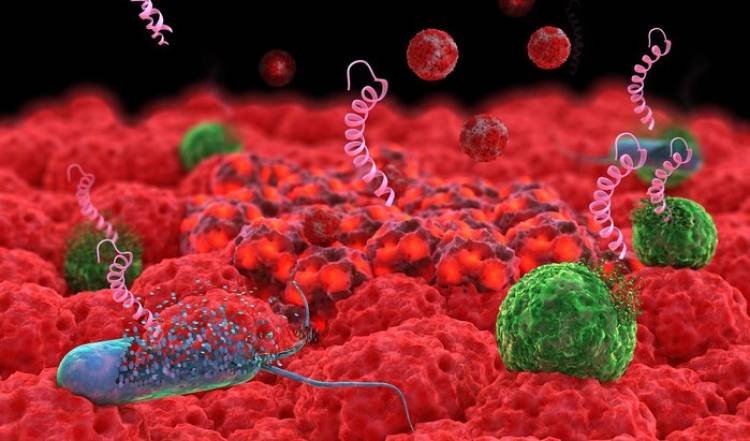A WORLD WITHOUT ANTIBIOTICS?

One of the major health problems being faced by the country today, for that matter the entire world, is antimicrobial resistance, also known as AMR. And this is not the health crisis of the present generation alone, as it is going to be the biggest health crisis of the next generation too, if not tackled in time. Health experts world over have already red flagged over the looming grim situation of a world without antibiotics, if necessary steps are not taken immediately. Even though AMR also occurs naturally over time, indiscriminate and incorrect use of antibiotics are the major reasons for the emergence of AMR. It occurs when micro-organisms, including bacteria, viruses and fungi, evolve to resist the drugs that would otherwise kill them. Unnecessary antimicrobial use in humans and agriculture exacerbates the problem. The hard fact is fact, misuse and overuse of antibiotics are threatening to undo decades of medical progress. It is often observed that the availability of these life-saving medicines over-the-counter makes matters worse as people tend to purchase antibiotic drugs even for illnesses which are due to a virus rather than a bacterium. When antibiotics are so readily available, there is no imperative for them to be treated with the care they need. Obviously, as it poses significant risk to millions of people, AMR will have extremely adverse effect on economy also. According to data, 7,00,000 people across the globe die every year because of drug-resistant diseases and multidrug-resistant TB alone claims 2,30,000 lives annually. The burden of AMR falls disproportionately on low- and middle-income countries, in which health systems are overburdened, and resources are stretched. Nearly 2 million deaths are projected in India due to AMR by the year 2050 as the country has some of the highest antibiotic resistance rates among bacteria that commonly cause infections, both in the community and healthcare facilities. Quite obviously, the global community has declared AMR as a public health crisis and the regulators world over, including the Indian regulators, have already initiated measures to tackle the issue on war footing.
However, one area that is frequently overlooked is the environmental aspect of antibiotics, including its production. A major threat related to AMR is the water and environmental pollution from antibiotic production. Untreated antibiotic liquid and solid waste poses a major health risk. However, little is being done to reduce the health and environmental impact of pharmaceutical manufacturing pollution that poses a major global and national AMR threat. The World Health Organisation has recently issued a draft guidance on environmental aspects of good manufacturing practice to stall antimicrobial resistance. The WHO's guidance is significant as the growing AMR spread, linked to the discharge of drugs and particular chemicals into the environment, is seen to be a worrying health threat today. It is noticeable here that taking a leaf out of the WHO guidance, the Karnataka government has recently started efforts to have some systems in place for sustainable antibiotic manufacturing in the state. The intent is to reduce levels of antibiotic emissions by pharma companies into the environment and establish a common framework for managing antibiotic discharge. In this connection, the state government has roped in the services of the UK-based ShawView Consulting which had initiated a programme called RATSAM (Reducing AMR Through Sustainable Antibiotic Manufacturing). The government has sought the co-operation of the Karnataka Drugs and Pharmaceutical Association to implement this pilot project in the state to adopt AMR Industry Alliance’s Common Manufacturing Framework and Discharge Limits. The world today is literally standing on the edge of a post-antibiotic era - a world without antibiotics, in which illnesses from minor throat infections to serious illnesses like cholera, tuberculosis, pneumonia, etc are untreatable. So, the karnataka government’s initiative is praiseworthy as a concerted and wholesome effort is the need of the hour to fight against AMR.

















